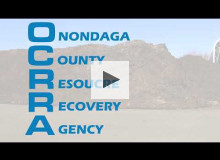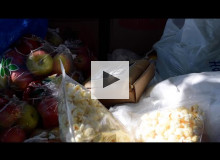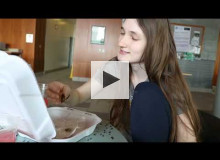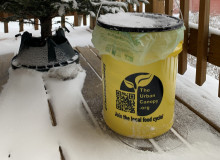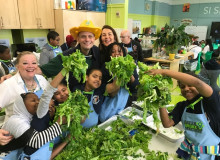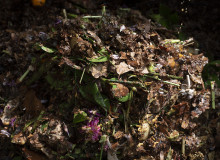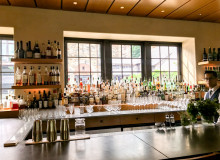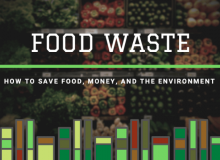Food Waste
SUNY Environmental Science and Forestry
This video explores the composting program at Syracuse University and the process by which food scraps are turned into reusable mulch.
George Washington University
In this mini-documentary, Planet Forward Comcast Sustainable Storytelling Fellow Jelina Liu provides a look into the extensive food recovery network in the United States' capital, Washington, D.C.
SUNY Environmental Science and Forestry
An investigation into how the community at an environmental college isn't taking sustainable actions.
University of Chicago
Composting is a growing practice that diverts food waste from greenhouse gas-producing landfills; Chicago colleges provide a case study into how this practice can be implemented more broadly today.
George Washington University
The Bronx is home to many things — Yankee Stadium, the Bronx Zoo, the birth of hip-hop — and most recently, an idea powerful enough to change the world.
Planet Forward Correspondent | George Washington University
Despite our obsession with food, we throw so much of it away. Learn more about composting, a change you can make at home to help the earth.
The George Washington University
To lower their environmental impact, restaurants are transitioning their operations to be more sustainable and climate friendly.
Founding Director, Planet Forward
Imagine wearing a T-shirt made out of ... spoiled milk. Find out more in our latest episode of Planet Forward, seen on PBS's Peril and Promise and produced in association with ASU's Global Futures Laboratory.
Planet Forward Correspondent | Carleton College
When the idea for a reusable container program was pitched last fall, no one could have guessed that a year later, the campus would be overflowing with the green containers — or that we'd be in the middle of a pandemic.
Featured Contributor
Nearly a third of food is wasted at the household level and that eats into our own finances while damaging the environment. How can we fix this?

